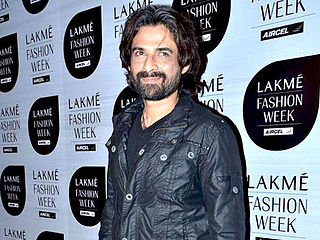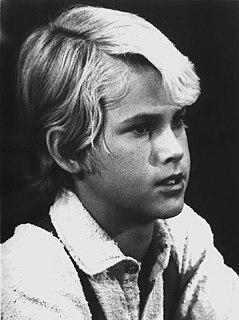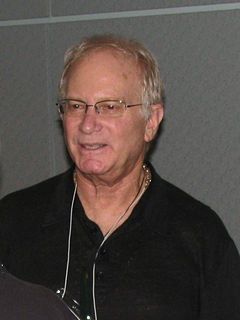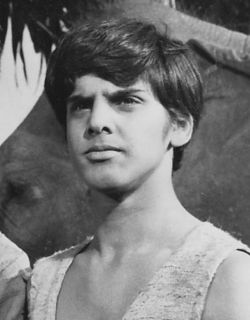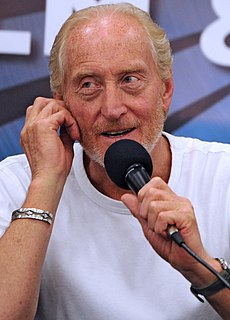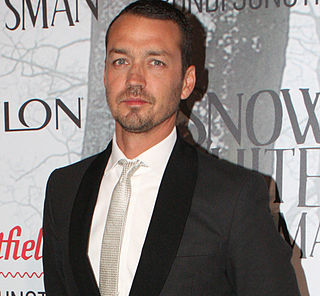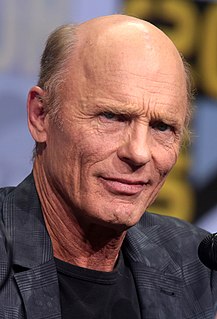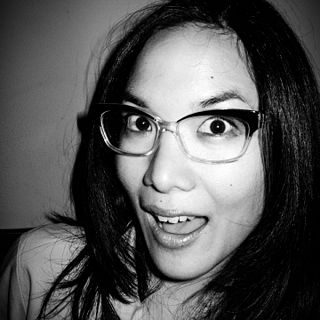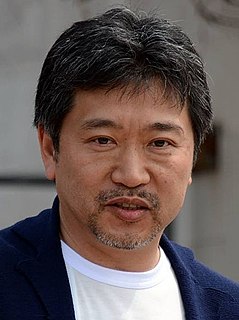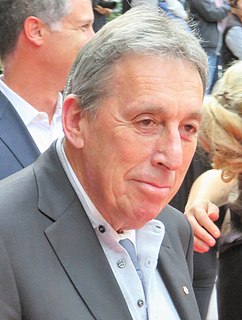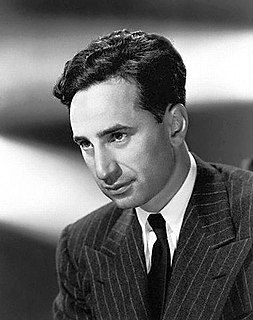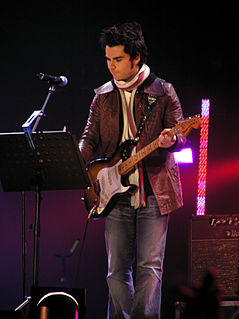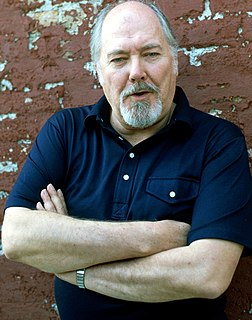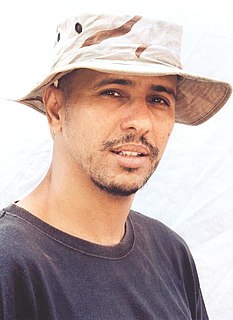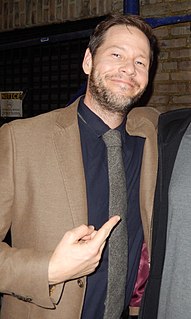Top 403 Screenplay Quotes & Sayings - Page 5
Explore popular Screenplay quotes.
Last updated on December 11, 2024.
I see everything visually. It's very visual for me. And so I think, from a plotting standpoint or what have you, there's obviously a certain amount of internal thinking that goes on in a novel (that) you can't do...in a screenplay. But I think, pacing wise, my novels move quickly because (they aren't overly) descriptive.
I think when you're writing prose there's a lot of attendant description and that's were I used to really go bananas. With a screenplay that all gets filled in by the director, so it just sort of pulls you back by virtue of the form. You also have to use more economy as a screenwriter and so it's kind of limiting in a good way.
I like writing dialog but don't think I'd be much good at a screenplay. I once had to write a treatment for a novel of mine - a condition of its being optioned by a movie producer - and I turned out something pretty lackluster. So my inclination would be to stay out of the way of an experienced screenwriter.
I no longer do a film for the wrong reasons. I have to be convinced ethically and morally. Both the director and I have to be on the same page. There are just five songs in most films these days, and they have to be amazing. There has to be a twist in the screenplay. The editing has to be crisp. Your hard work should show, but effortlessly.
About a year ago I got really exhausted from reading bad scripts and I know that I am a writer and that I have stories to tell, so I thought, 'Let's do this!' So I'm co-writing a screenplay now with another screenwriter and loving it. Absolutely loving it. And I would like to be the producer on the project and of course the lead is me.
Think about 'GoodFellas': It could be a textbook on how not to write a screenplay. It leans on voice-over at the beginning, then abandons it for a while, then the character just talks right into the camera at the end. That structure is so unusual that you don't have any sense of what's going to happen next.
I wrote my first screenplay on a lark, because it was a storytelling format that felt like a familiar shorthand - we all watch movies, don't we? But even though I grew up in Los Angeles, my family was entirely unconnected with the movie industry, and I never truly believed that it would one day be my fate.
